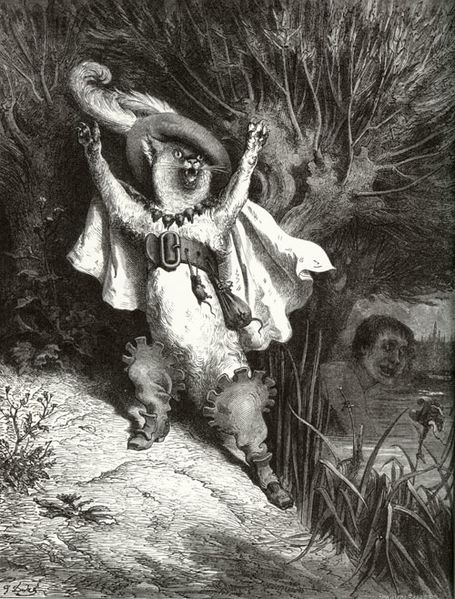
Carter, Angela
Angela Carter was a feminist writer, often using the magical realism style, giving credibility to her characters, who seem to coexist between this world and another. Carter’s novels are also classed as sometimes carnivalesque, with a chaotic cast and pace fuelled by black humour.Carter was well travelled and lived in Japan, US, Asia as well as Europe. She was fluent in French and German. Her works make the female reader examine their own position in society and think about how far they are slaves to patriarchy, as she often felt in her first marriage. In his literary criticism of her, Scott Dimovitz calls her a ‘moral pornographer’, capturing her sometimes salacious tone, which is used to powerfully represent women’s lives, putting them back at the centre of their own narratives. One famous quotation from Carter which foregrounds her interest in misogyny is ‘What is marriage but prostitution to one man instead of many?’
Carter switched effortlessly between genres, writing not only fiction but also radio drama, journalism, poetry, children’s books and the text for an opera based on Virginia Woolf’s Orlando. She moved in literary circles, tutoring author Kazuo Ishiguro and inviting authors such as J G Ballard, Ian McEwan and Salman Rushdie to her home in Clapham. Her passion was in retelling stories from different and challenging perspectives, creating literature that is fluid and never static, sometimes violent and often graphic. Be ready to be plunged into a different world if you step between her pages.
© ZigZag Education 2026: content may be used by students for educational use if this page is referenced.
Show / hide details
| 1940 |
Angela Carter was born
|
|
| 1943 |
Evacuated to Yorkshire to live with her maternal grandmother
|
|
| 1960 |
Married for the first time
|
|
| 1967 |
The Magic Toyshop was published |
|
| 1969 |
Moved to Japan for two years
|
|
| 1977 |
Married for the second time
|
|
| 1979 |
The Bloody Chamber was published
|
|
| 1979 |
Wrote The Sadeian Woman
|
|
| 1983 |
Gave birth to her son, Mark |
|
| 1984 |
Film of The Company of Wolves
|
|
| 1987 |
Film of The Magic Toyshop
|
|
| 1987 |
Last novel published
|
|
| 1992 |
Died aged 51 of lung cancer
|
|
| 2000 |
A children's book published
|
|
| 2008 |
Ranked tenth in The Times list of 50 great British writers since 1945 |
|
| 2012 |
Nights at the Circus awarded Best of the James Tait Black
|
|
| 2019 |
Carter’s books are still making waves
|


